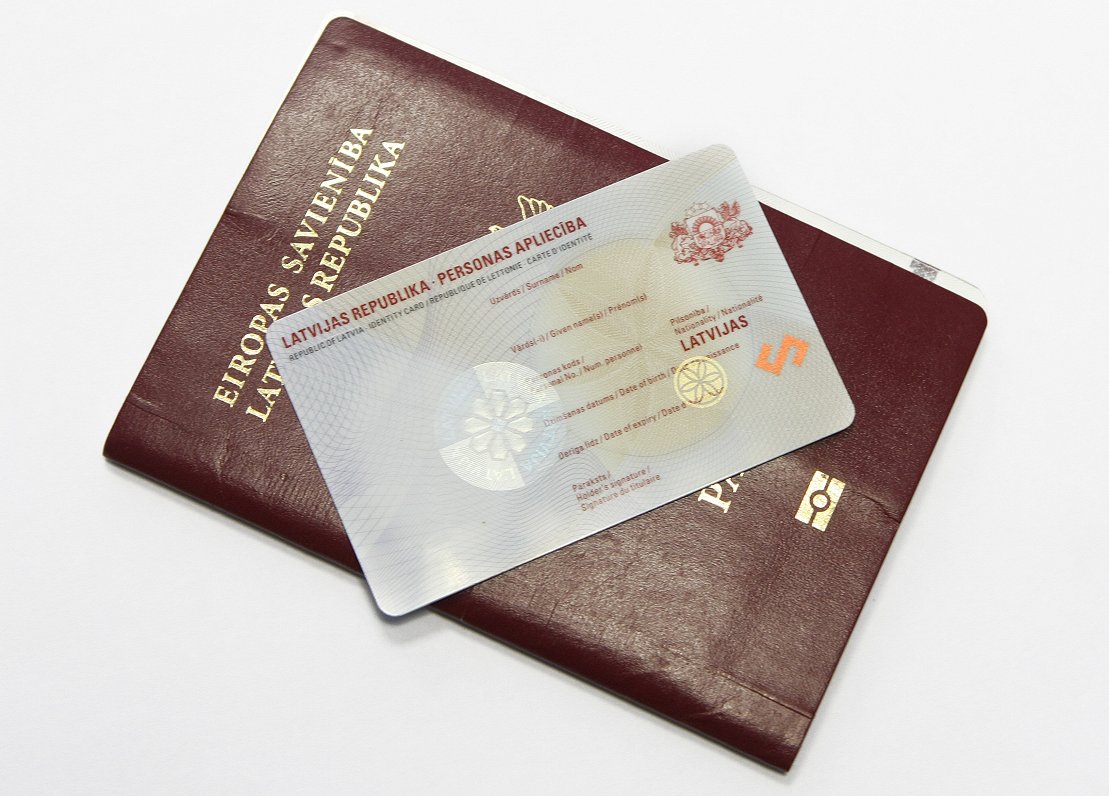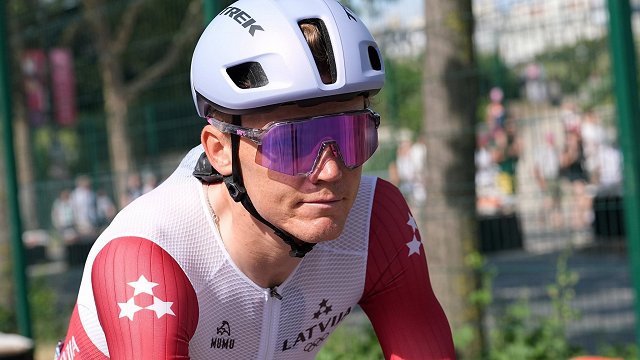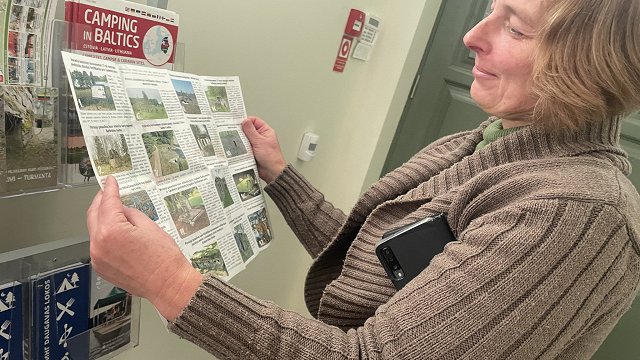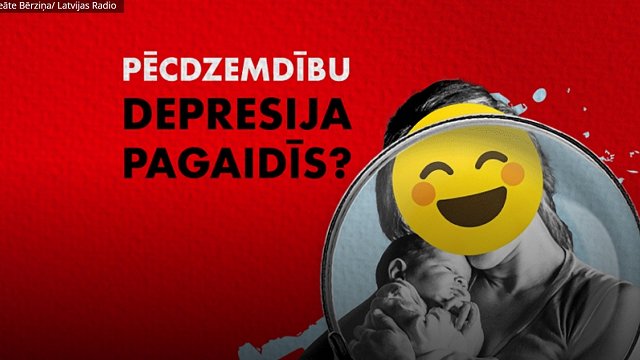Last summer there were loud calls for US basketball player Shey Peddy to be granted Latvian citizenship, though in the end it did not happen.
On the other hand Latvia's modern pentathlon athletes now include a “new Latvian” from the Donbas region of Ukraine, and several other naturalized citizens from various countries.
Globalization trend or inevitable?
Englishman Maduka Favour has already lived in Latvia playing rugby for four years. The international rules of the game allow him to represent the Latvian national team, even though he isn't a citizen. Other sports have much stricter rules, however it's usually required to professionally represent the specific country's club, and then acquire citizenship.
For example in the 2016 Summer Olympic Games Rio Latvia was represented in the marathon by American Ariana Hilborn, whose parents are both Latvian. It was clear that she wouldn't be able to qualify for the Summer Olympics for the USA, but in Latvia her time was in the top three. This forced Latvian runner Anita Siliņa (formerly Kažemāka) to stay at home.
Athletes tend to have various motives. USA basketball players are happy to become European citizens and not considered foreigners, even if they have no ambitions to play on the national team. It's a simple calculation of benefit. The Qatar handball team won the silver medal at the World Championships four years ago with a team made up almost entirely of naturalized Serbs and Croats.
A memorable example of forced naturalization in Latvia is the hockey team. After regaining independence at the beginning of the nineties, the national team was comprised of mainly players who had left the USSR (mostly Russia and Belarus). Most of them had previously played for the Rīga “Dinamo” club, because there simply weren't that many Latvian hockey players.
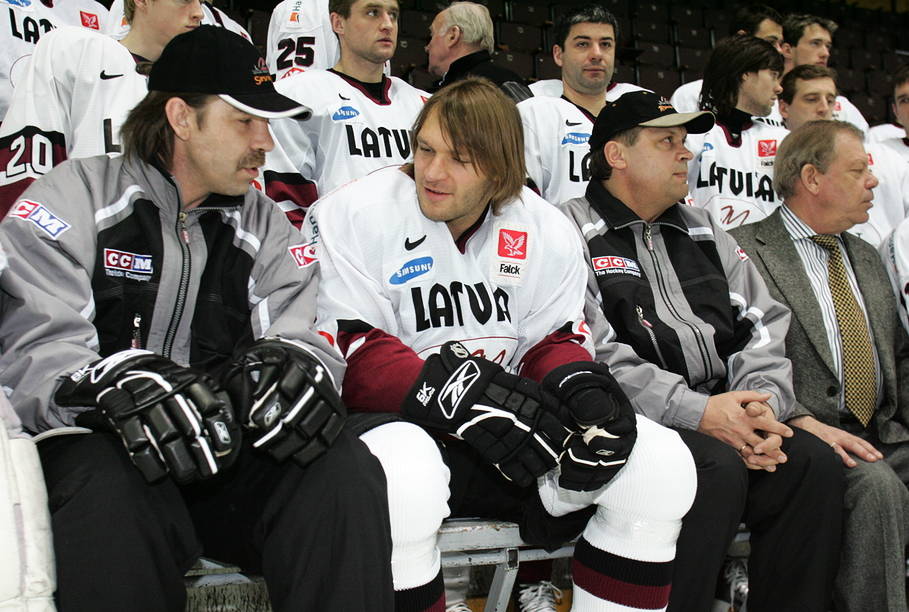
Oļegs Znaroks, Sergejs Čudinovs, Aleksandrs Kerčs, Andrejs Maticins and the rest played on the Latvian national team with USSR passports. Journalist Jānis Matulis remembers this moment in hockey history, explaining that formal naturalization began before the 1996 Winter Olympics qualification tournament, because then they could no longer play with USSR passports.
Naturalization was acutely necessary for the national hockey team in the nineties to maintain competitiveness at the top level. Another important member of the Latvian national team was American Āris Brīmanis, whose father is Latvian.
What are the results?
The previously mentioned Ukrainian modern pentathlon athletes who come from the Donbas region are Ruslan Nakonechnyi and Oleksandr Pinchuk. For now they haven't shown any extraordinary results, with the biggest accomplishment being Nakonechnyi qualifying as a reservist for the Rio games.
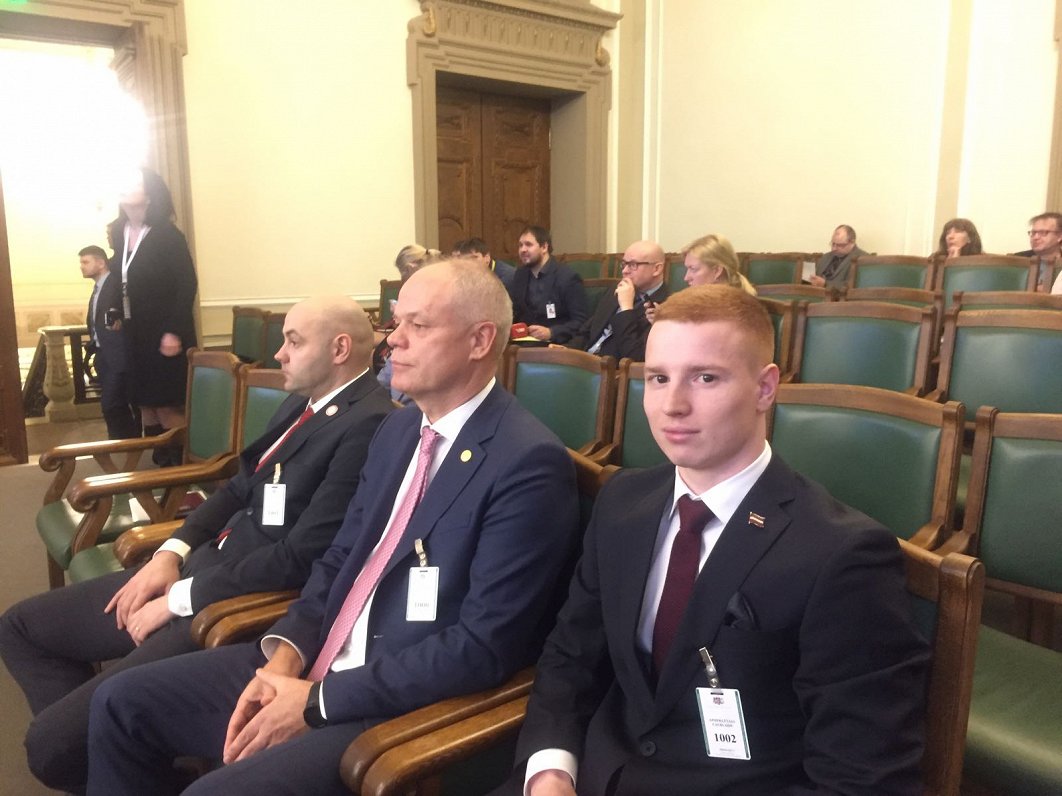
Former pentathlete and Athens Olympic Games Vice-champion Jeļena Maļuka (formerly Rubļevska) said on Latvian Radio a year ago that she doesn't support such a strategy for the national federation. She thinks that if this strategy continues, local pentathletes won't be able to participate in the Olympic games anymore.
There are many examples where granting citizenship hasn't resulted in great accomplishments for Latvian national teams. Basketball player Troy Ostler, football players Andrei Pereplyotkin and Cristian Damián Torres. Does anyone still remember football players Andrei Kostyuk and Ivans Sputajs? They received Latvian passports as potential national team players, but then disappeared.
“Sportacentrs.com” Journalist Agris Suveizda says that Torres is a bad example, as there was no special need for him on the national team.
He thinks we need to find athletes with Latvian roots, as well as pay more attention to those who have lived in Latvia for a long time, have married, learned the language.
Naturalization has long been part of the history of sports, but with the increased movement of people around the globe, sport will also be increasingly affected. Several Latvian federations have chosen to turn their focus towards athletes abroad who may have settled there years ago, or their parents or grandparents.
The Latvian Football Federation has begun searching for youth players in Germany, the UK and other countries. Not long ago the Latvian tennis team saw the debut of Roberts Štrombahs, who was raised and lives in Germany. He speaks fluent Latvian, albeit with a German accent. Football player Daniels Ontužāns doesn't speak Latvian for now, but has decided to relearn it, as he used to speak Latvian in his early childhood.
